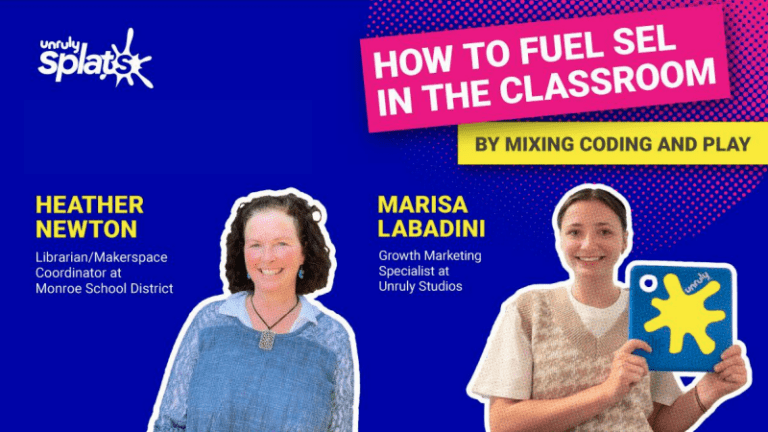
Read How to Fuel SEL in the Classroom by Mixing Code and Play
Studies have shown that the great majority of educators believe that social and emotional learning (SEL) is underemphasized in school...

Read Hello Ruby Activities in Computer Science
How do computers work? What’s inside a computer? Software accounts for many of the things we do with and on...
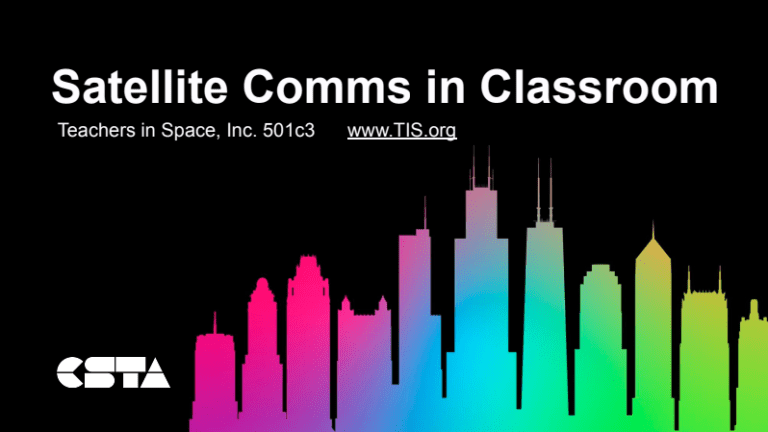
Read Hands On: Satellite Communications for the Classroom
Miniaturization, 3D printing, low-cost materials, and available retail components, plus a growing variety of affordable launch providers, have enabled universities...
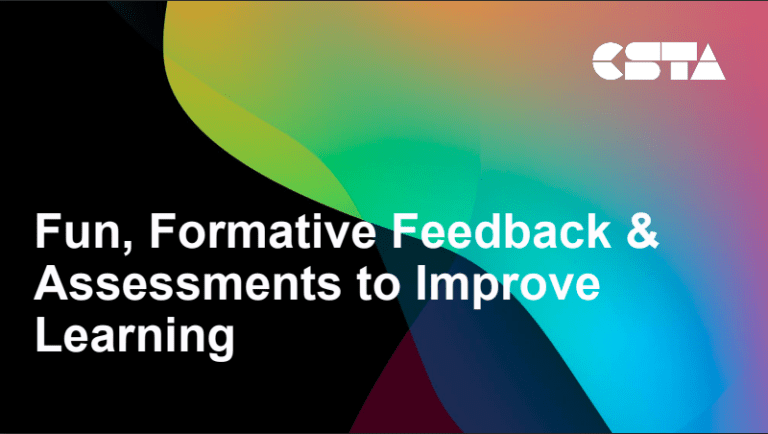
Read Fun, Formative Feedback and Assessments to Improve Learning
Discover how to implement formative feedback and assessments such as Parsons problems, pair programming, code commenting, rubrics, code visualization, and...
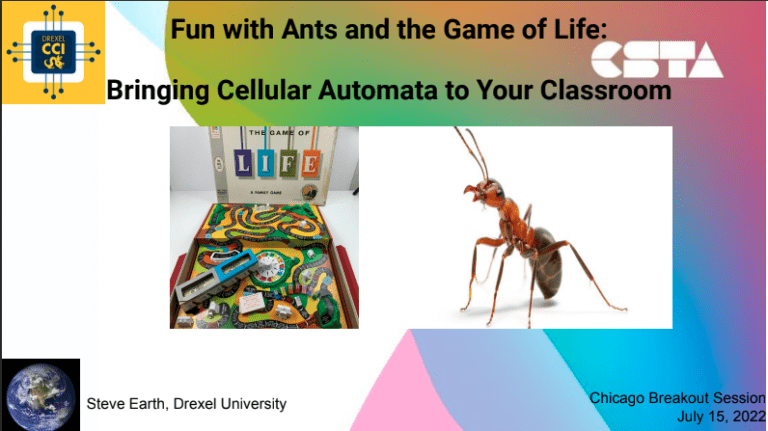
Read Fun with Ants and the Game of Life: Bringing Cellular Automata to Your Classroom
Students love building something they can show off to their friends, and the topic of cellular automata never fails to...
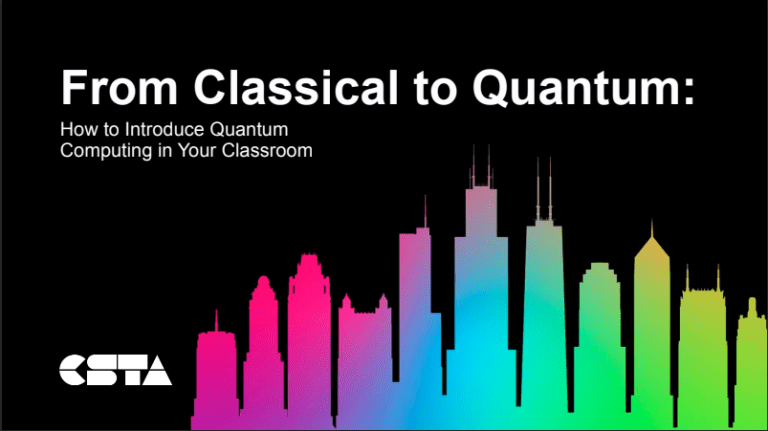
Read From Classical to Quantum: How to Introduce Quantum Computing in Your Classroom
Quantum computing is an interdisciplinary field that connects computer science to physics, mathematics, chemistry, and engineering. In recent years, this...
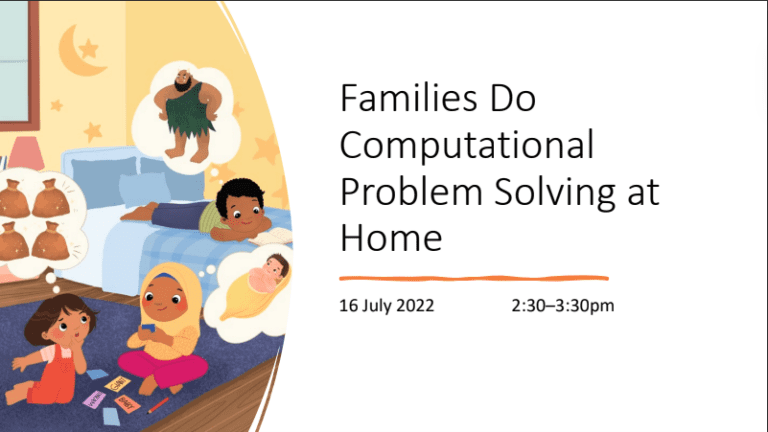
Read Families Do Computational Problem Solving at Home
After success with designing activities that support families in trying engineering at home, the Boston Museum of Science’s EiE is...
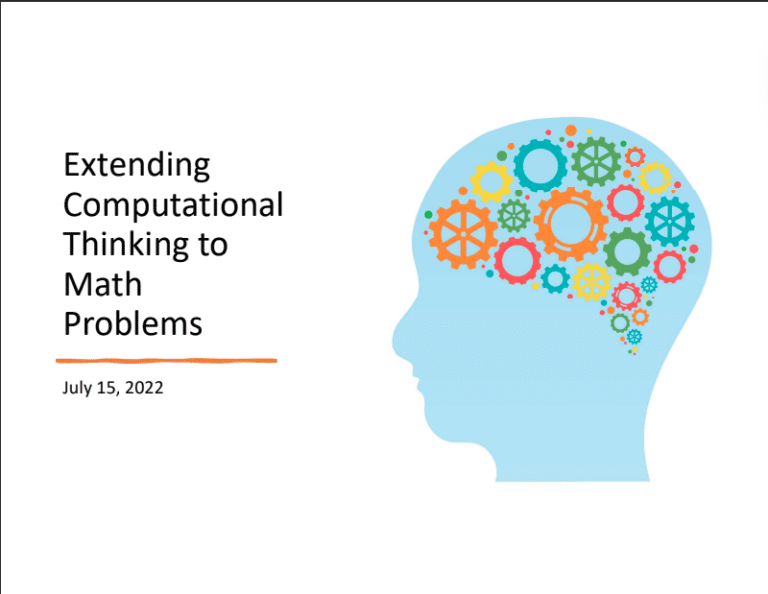
Read Extending Computational Thinking to Math Problems
While we are working hard to achieve computer science for all, there are some subjects that already reach all students....
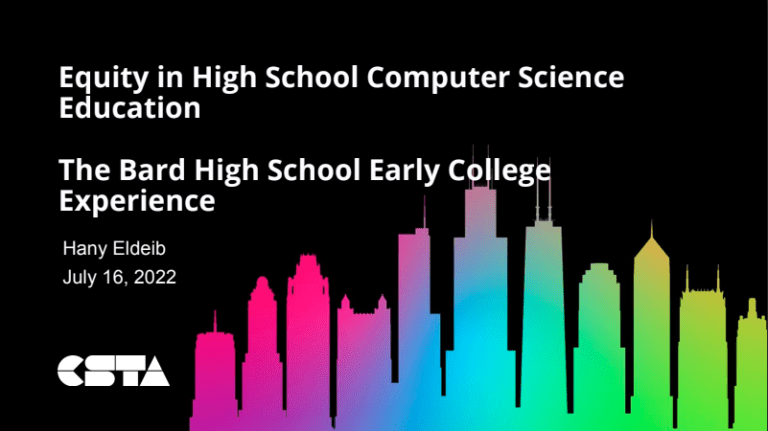
Read Equity in High School Computer Science Education
In this session, a DC school presents its experience in developing a computer science, robotics, and engineering program that advances...
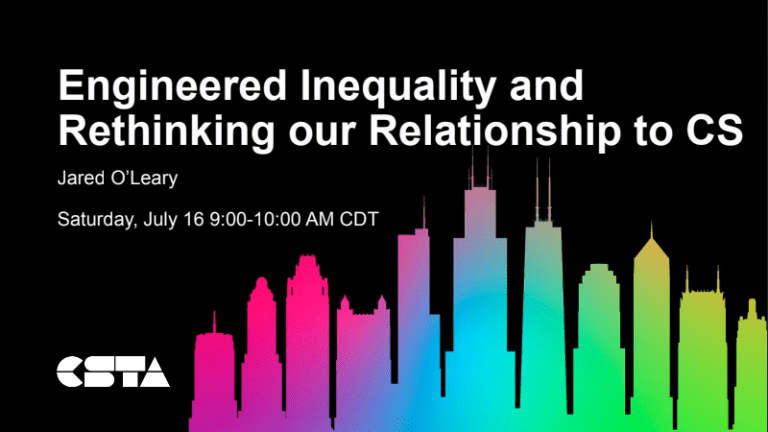
Read Engineered Inequality and Rethinking Our Relationship to CS
Discussions around the digital divide often revolve around the inequalities created by a lack of access to technology or CS...
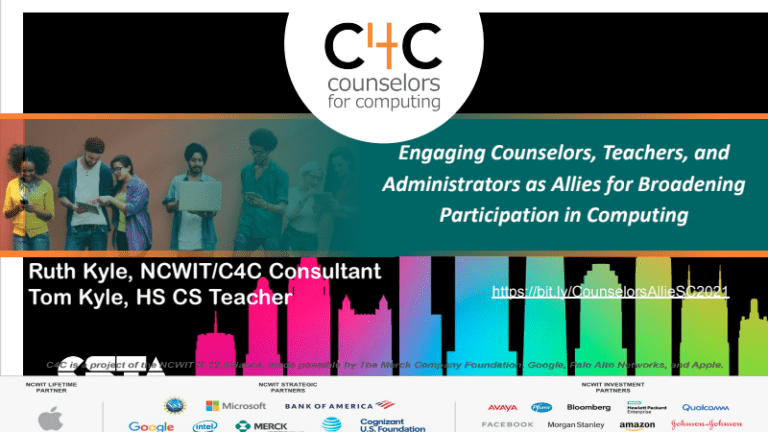
Read Engaging Counselors, Teachers, and Administrators to Broaden Participation in Computing
In this presentation, attendees will learn how to develop effective partnerships with counselors, administrators, and fellow teachers to assist in...

Read Empowering Student Voice through Data and Practice
CAPE (capacity, access, participation, and equity) is a framework designed to assess equity throughout the computer science education ecosystem. Based...

